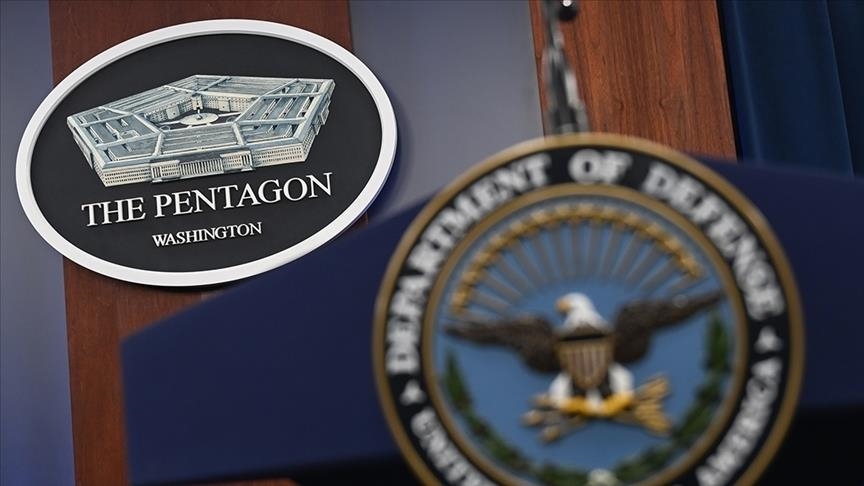Pentagon to impose broad nondisclosure rules, random polygraph tests to curb leaks
Move expands Defense Secretary Pete Hegseth’s crackdown on leaks and internal dissent, Washington Post reports

ISTANBUL
The Pentagon is preparing to require thousands of staffers, including high-ranking officials, to sign strict nondisclosure agreements (NDAs) and undergo random polygraph tests, according to two sources and internal documents reviewed by The Washington Post.
The move expands Defense Secretary Pete Hegseth’s crackdown on leaks and internal dissent.
Under a draft memo from Deputy Defense Secretary Steve Feinberg, more than 5,000 military personnel, civilian employees and contractors working in the offices of the defense secretary and the Joint Staff would be compelled to sign agreements barring the disclosure of non-public information unless formally approved.
A separate directive from Feinberg would authorize random polygraph testing for officials, with no clear restrictions on who could be subject to them, potentially ranging from four-star generals to junior staff assistants.
The steps are part of a broader Trump administration initiative to root out perceived disloyalty and curb leaks to the media.
Critics, including former officials and national security attorneys, noted that penalties for unauthorized disclosures already exist, suggesting the new rules are designed less to protect classified information than to intimidate employees.
"This seems to be far more directed at ensuring loyalty to DOD (the Department of Defense) and the Trump administration leadership rather than countering any foreign espionage," said attorney Mark Zaid, who has represented whistleblowers and officials pursued by the administration.
He questioned why polygraphs and sweeping NDAs were suddenly being imposed, arguing they appear intended to frighten the workforce and tighten control.
Earlier this year, tensions flared after the Pentagon introduced polygraphs to track down leakers. Patrick Weaver, a political appointee and adviser to Hegseth, raised concerns to the White House that he and his team could be forced to take the tests.
The White House subsequently stepped in to halt the practice temporarily.
Meanwhile, Pentagon chief spokesman Sean Parnell rejected The Washington Post's report.
"The Washington Post’s reporting is untrue and irresponsible anonymously sourced garbage," Parnell said on the US social media company X’s platform.
*Diyar Guldogan from Washington, DC contributed to this report








